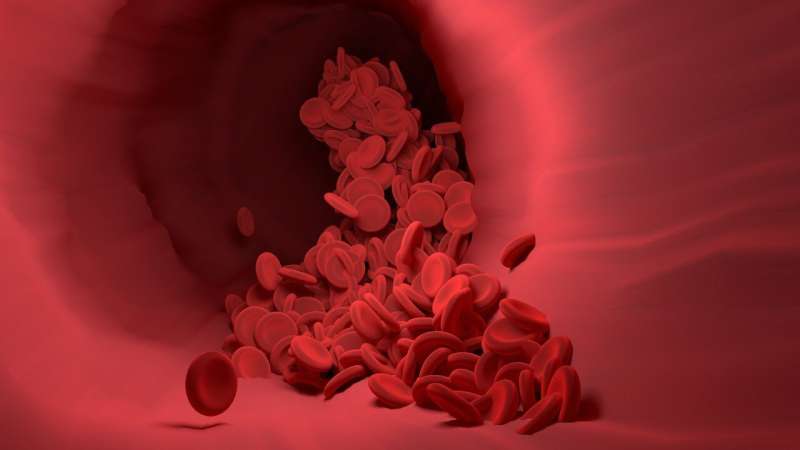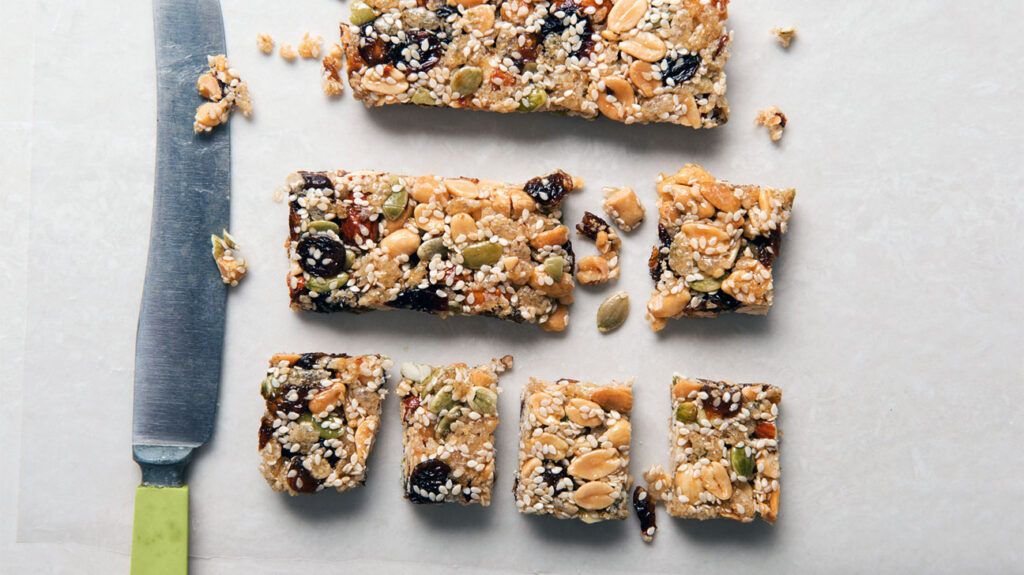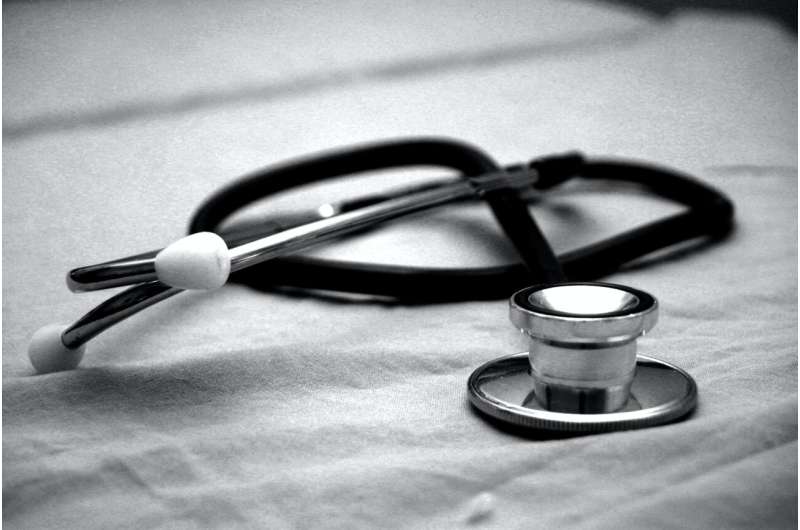Hypnosis as a Complementary Approach for Managing Dental Pain and Stress

Hypnosis shows promising potential in managing dental pain, anxiety, and chronic orofacial conditions, enhancing patient comfort, and reducing medication use. A recent review underscores the importance of integrating hypnosis into dental practice through standard protocols and training.
Hypnosis is emerging as a promising complementary technique in dental care, particularly for managing acute pain, reducing dental anxiety, and alleviating certain chronic orofacial conditions. A comprehensive review conducted by Angélique Thibault, a doctoral candidate at Université de Montréal, highlights the growing evidence supporting the integration of hypnosis into dental practices. Thibault, alongside faculty members Pierre Rainville and Nathalie Rei, examined 12 systematic reviews and meta-analyses published between 2000 and 2024, predominantly from Germany, the U.S., Denmark, Italy, China, and India.
Contrary to common misconceptions, therapeutic hypnosis induces a focused altered state of consciousness where the mind is highly receptive to suggestions. This state can be harnessed to facilitate relaxation and diminish pain perception. Evidence indicates that hypnosis can significantly reduce pain during procedures such as tooth extractions, cavity fillings under local anesthesia, and root canals. For instance, patients undergoing tooth removal who received hypnosis reported less pain, which decreased their reliance on local anesthesia and post-procedure pain medication. Additionally, hypnotic techniques have been shown to lower physiological stress markers like heart rate and blood pressure, further contributing to pain relief.
Hypnosis also effectively addresses dental anxiety, outperforming other distraction methods like audiovisual aids, particularly in children. It helps lessen feelings of fear, decrease crying and resistance, and stabilize heart rates. While research on its impact on chronic conditions like temporomandibular joint disorders is limited, initial findings suggest significant benefits, including increased maximum mouth opening and reduced daily pain levels.
However, hypnosis is not yet widely implemented in dental settings. Thibault attributes this to inadequate training, as only a few Canadian dental faculties include hypnosis in their curricula. To promote its adoption, she recommends standardizing protocols, creating targeted training programs for dental professionals, and conducting rigorous, controlled studies to strengthen scientific evidence. Public awareness campaigns are also necessary to demonstrate that hypnosis is a credible medical tool, not merely entertainment.
In conclusion, with further research, proper training, and integration into dental education, hypnosis could become a standard adjunct in dental care, improving patient comfort and reducing medication dependence.
Source: https://medicalxpress.com/news/2025-05-hypnosis-pain-stress-experienced-dental.html
Stay Updated with Mia's Feed
Get the latest health & wellness insights delivered straight to your inbox.
Related Articles
Clopidogrel May Surpass Aspirin for Long-Term Management of Coronary Artery Disease
A new study suggests clopidogrel may be more effective than aspirin for long-term prevention of heart attacks and strokes in patients with coronary artery disease, without increased bleeding risk.
New Research Suggests Collagen-Based Protein Bars May Aid Weight Loss
Recent research indicates that collagen-based protein bars may support weight loss and improve metabolic health. Discover the potential benefits and expert opinions on this innovative supplement.
Impact of Healthcare Provider Bankruptcies on Patient Care and Safety
Healthcare provider bankruptcies in the U.S. are rising, leading to lower care quality and increased risks for vulnerable residents, especially in nursing homes. A Stanford study highlights the urgent need for policy interventions to protect patient safety.
Cell Defects in Exosomes Implicated in Alzheimer's Disease Development
New research links defects in exosome production caused by SORLA mutations to the development of Alzheimer's disease, opening potential avenues for innovative treatments.



